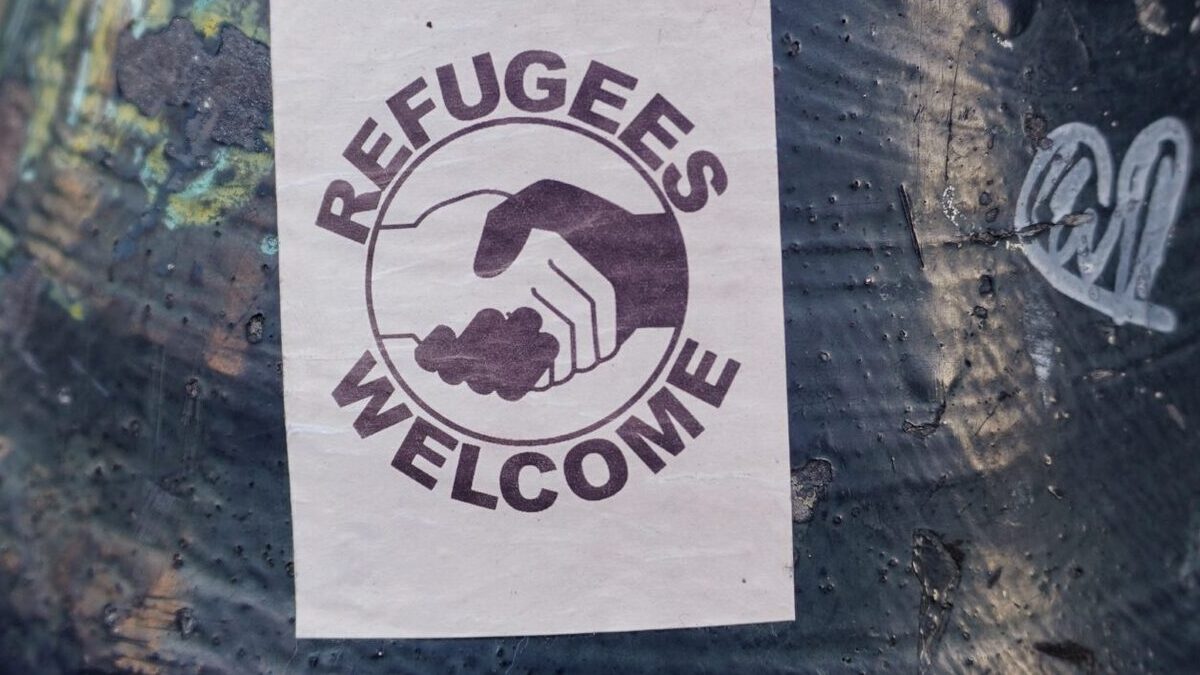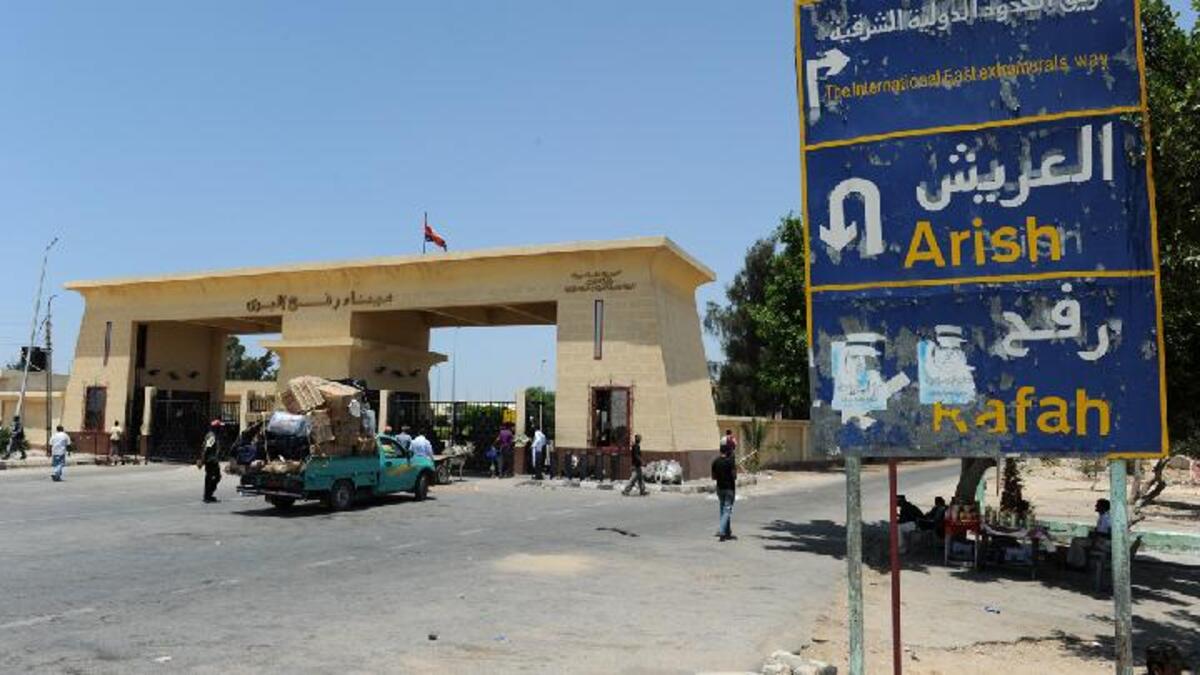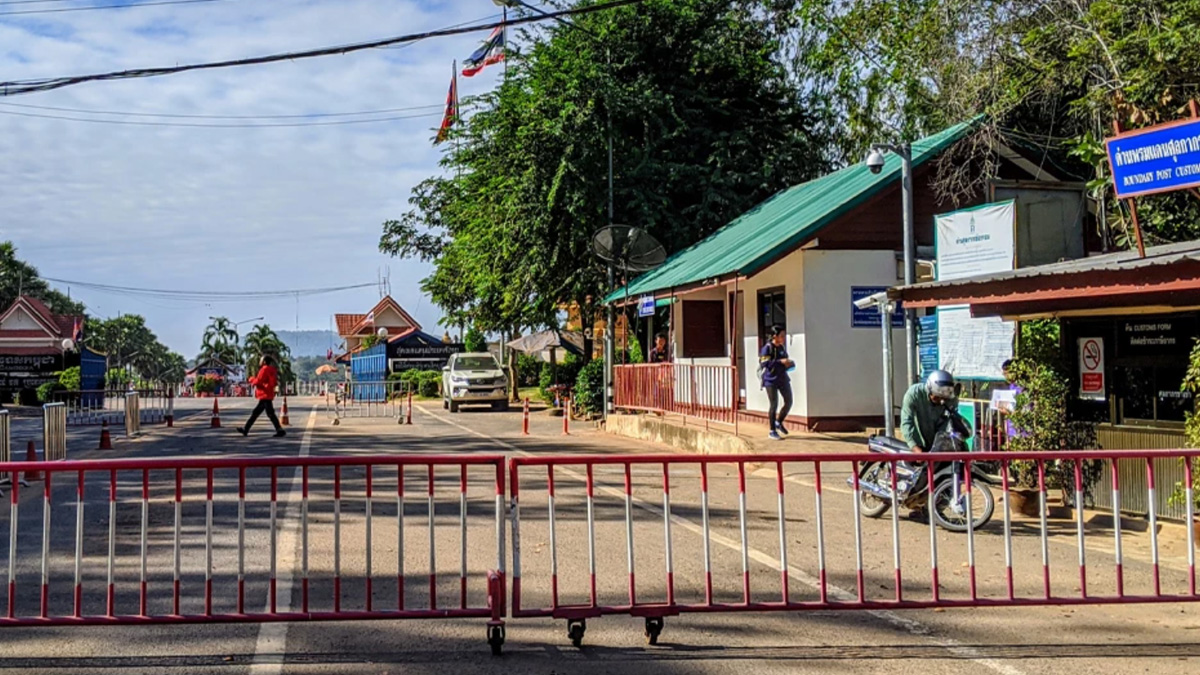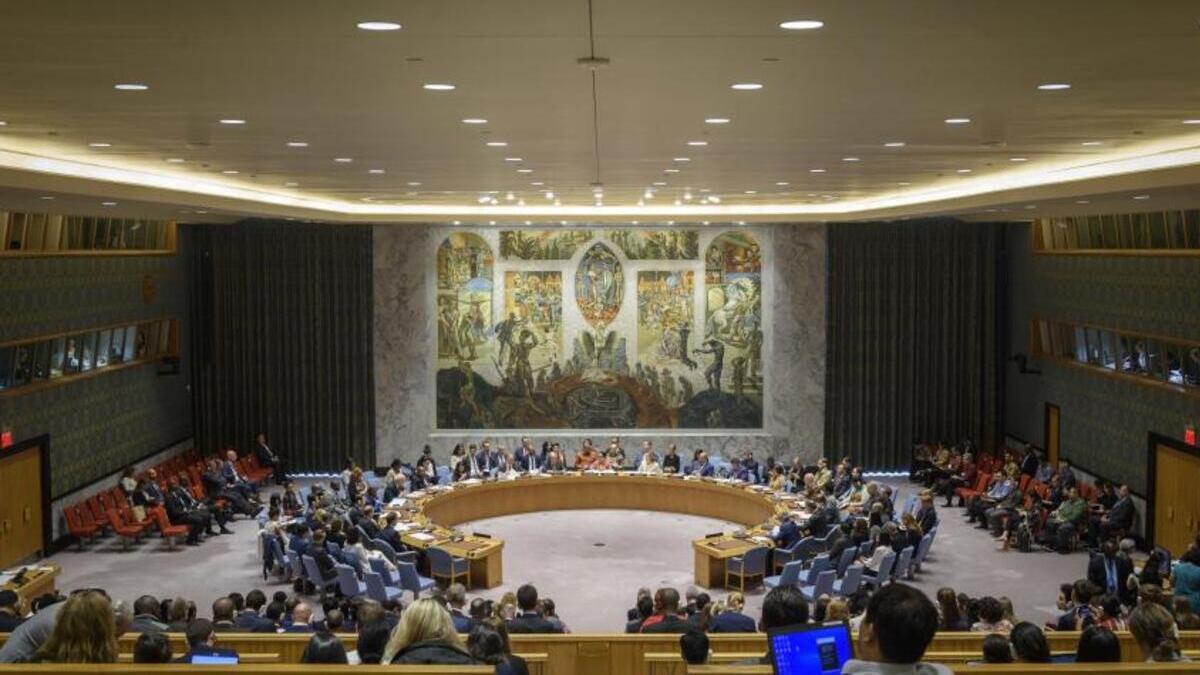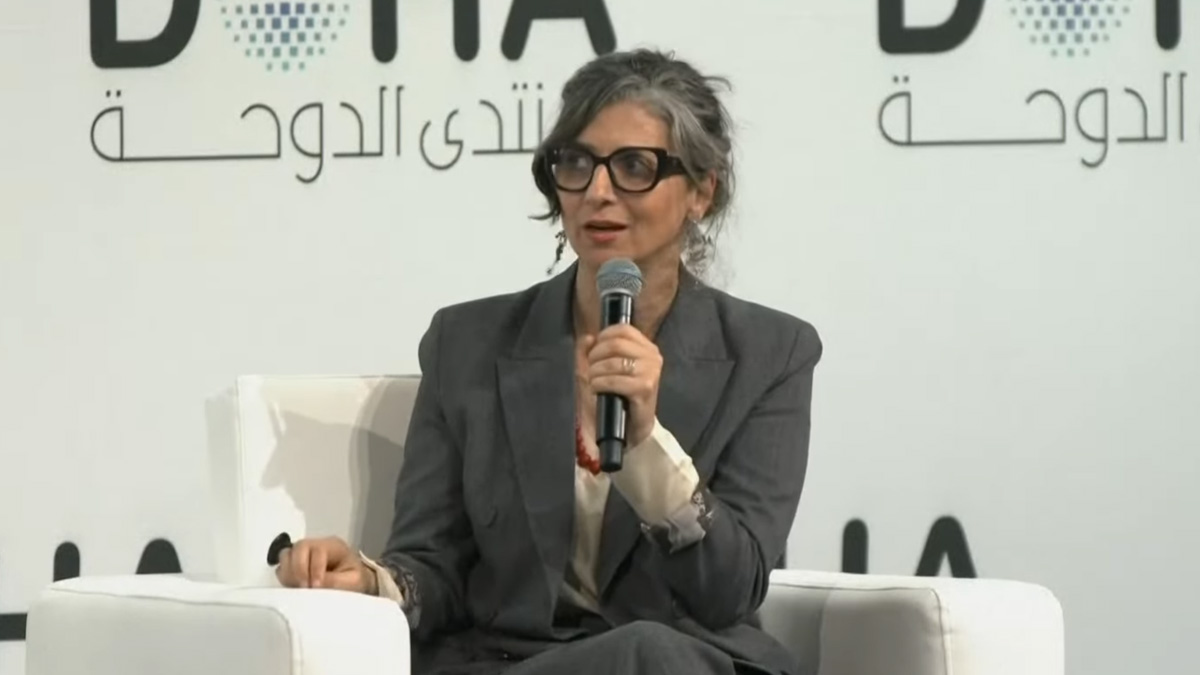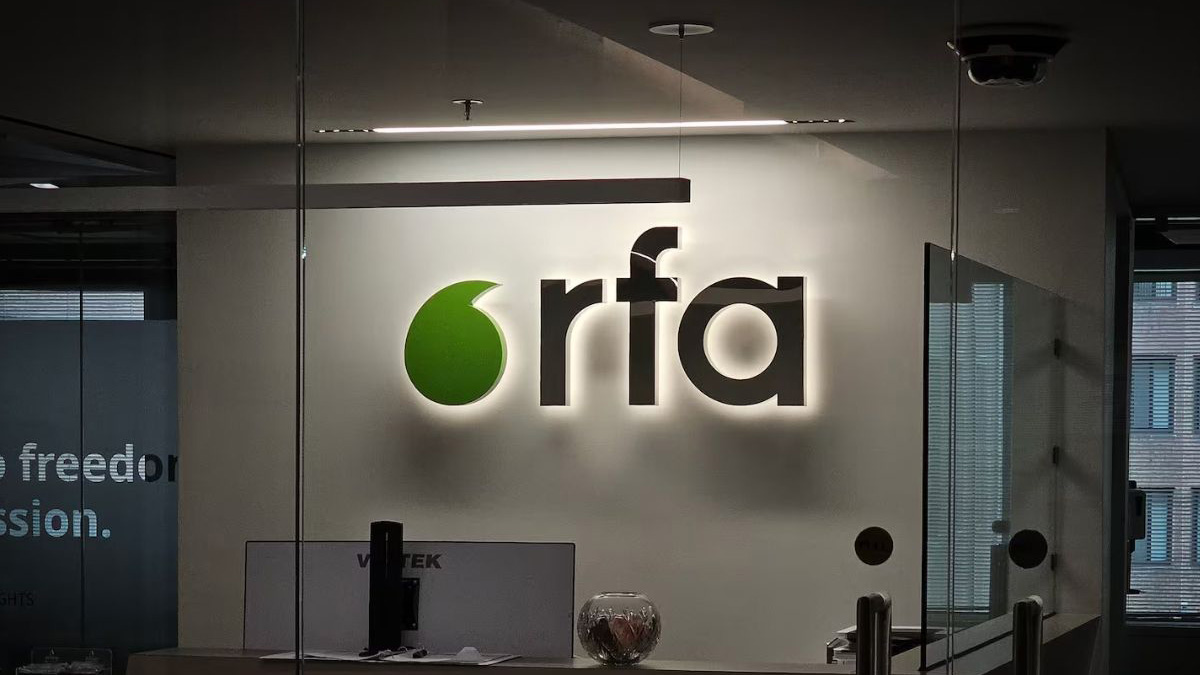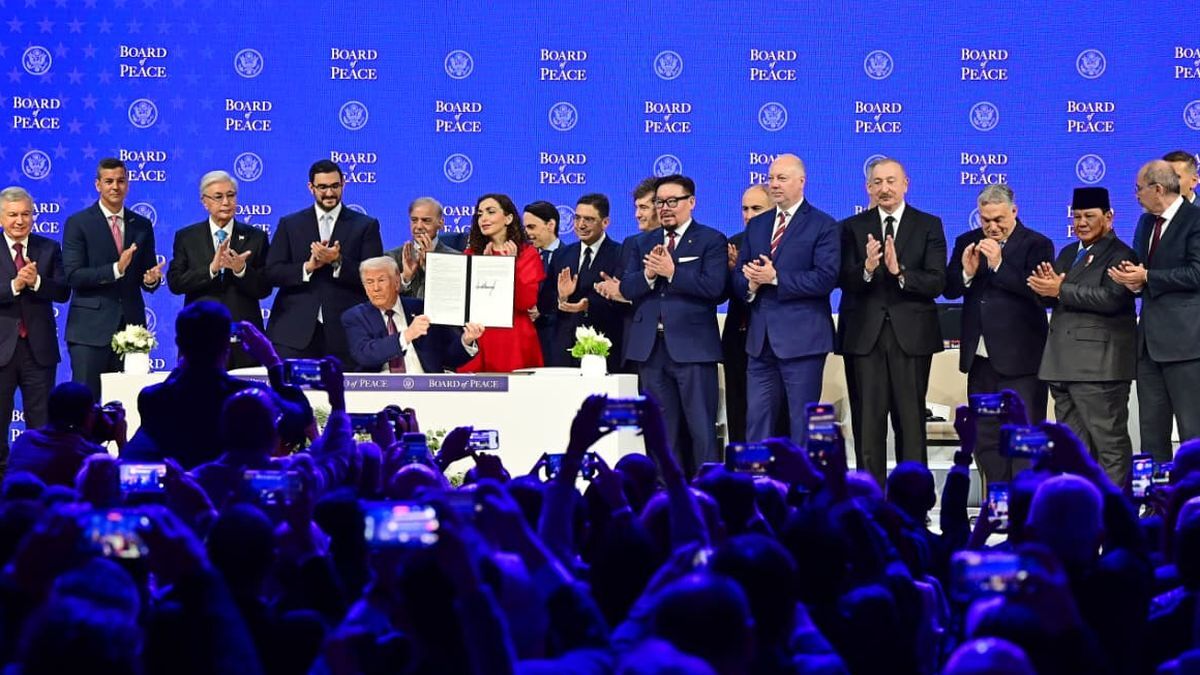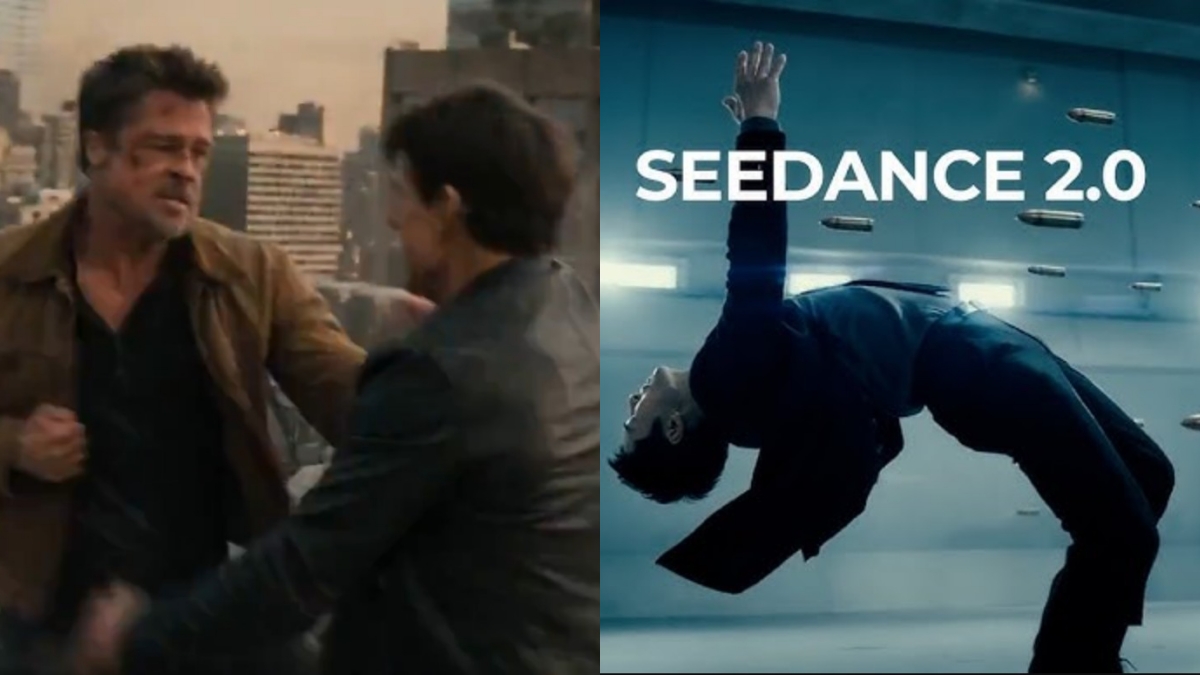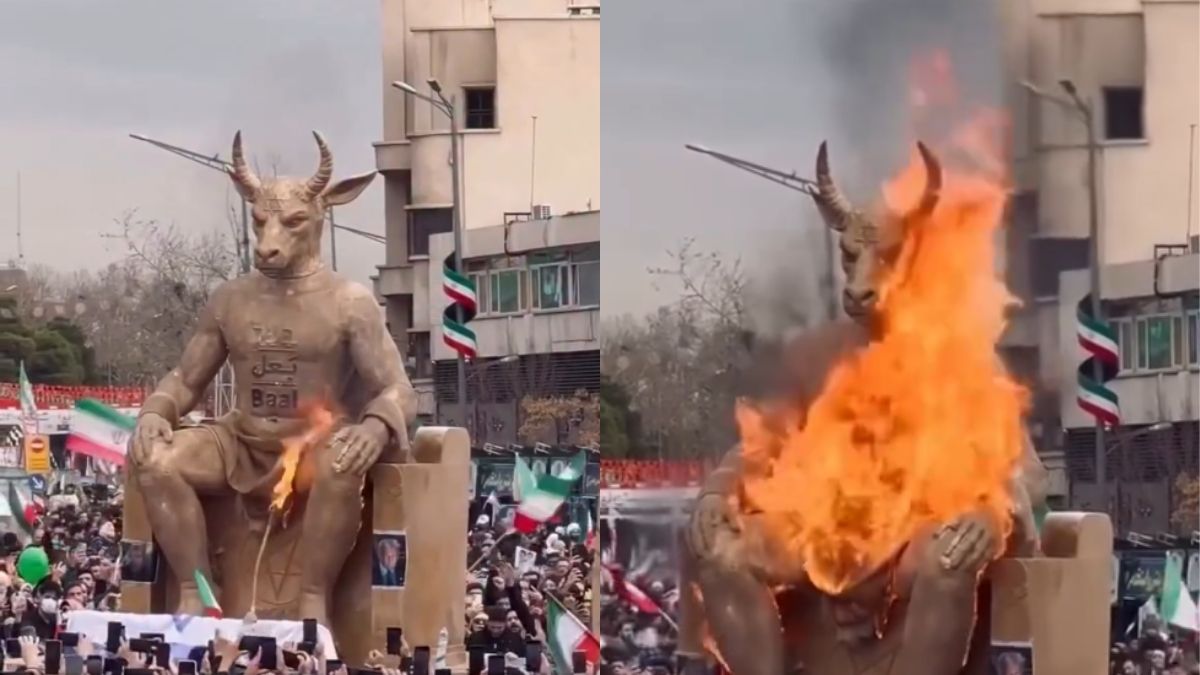UN Security Council adopts US resolution on Gaza stabilisation and transitional roadmap
The UN Security Council has endorsed a US-drafted resolution based on Donald Trump’s 20-point Gaza plan, authorising an international stabilisation force and backing a transitional governance body. Russia and China abstained, voicing concern over the plan’s vagueness and lack of UN oversight.

- The UN Security Council passed a US-led resolution endorsing Trump's Gaza plan, with 13 votes in favour and two abstentions.
- The resolution authorises an international stabilisation force and outlines a roadmap toward Palestinian statehood under a reformed transitional authority.
- Israel and Hamas remain divided, with Hamas rejecting the plan and Israel opposing Palestinian statehood.
The United Nations Security Council on 17 November voted to adopt a resolution drafted by the United States, endorsing US President Donald Trump’s 20-point plan to end the war in Gaza and authorising the deployment of an international stabilisation force to the Palestinian enclave.
The resolution passed with 13 votes in favour, while China and Russia abstained. Though neither country exercised their veto, both expressed strong reservations about the plan’s content and process.
According to their representatives, the draft was vague, failed to include provisions supporting a two-state solution, did not provide a clear timeline for the transfer of authority to the Palestinian Authority (PA), and lacked appropriate oversight from the UN and Security Council.
The Chinese and Russian envoys also criticised the resolution for its lack of consultation with relevant stakeholders and international bodies.
Nonetheless, both nations allowed the resolution to pass in recognition of the urgent need for a ceasefire, humanitarian assistance, and the rebuilding of Gaza. Both countries reiterated their support for a two-state solution as the foundation for long-term peace.
US ambassador to the UN, Mike Waltz, described the resolution as a “bold and pragmatic” response to a protracted crisis. He credited regional diplomacy involving Qatar, Egypt, Saudi Arabia, Pakistan, Indonesia, and Turkiye in achieving the outcome.
The resolution includes Trump’s Gaza plan as an annex. It authorises the International Stabilisation Force, comprising peacekeepers primarily from Muslim-majority countries such as Indonesia and Azerbaijan.
These forces are tasked with demilitarising Gaza, dismantling militant infrastructure, protecting civilians, and securing aid corridors. A Board of Peace, to be chaired by Trump, will oversee reconstruction efforts, supported by a World Bank-administered trust fund.
The resolution also establishes a transitional governance mechanism and encourages member states to participate in the rebuilding process.
Although the resolution references the potential for future Palestinian statehood, it does so conditionally. The text states that “conditions may finally be in place for a credible pathway to Palestinian self-determination and statehood,” pending reforms by the PA and sufficient reconstruction in Gaza.
The Palestinian Authority formally backed the resolution, but Hamas and affiliated groups rejected it.
In a statement issued via Telegram, Hamas accused the plan of imposing foreign control over Gaza and claimed that any force tasked with disarming resistance fighters would lose neutrality. They asserted that any peacekeeping role must be confined to monitoring the ceasefire at Gaza’s borders and remain under direct UN supervision.
Israeli Prime Minister Benjamin Netanyahu, meanwhile, reaffirmed his government’s rejection of Palestinian statehood, stating that Israel remained committed to demilitarising Gaza by all means necessary. His stance reflects mounting pressure from right-wing coalition members opposed to any future Palestinian sovereignty.
President Trump praised the Security Council’s vote on social media, declaring that the Board of Peace would “include the most powerful and respected Leaders throughout the World” and that additional details would be announced soon. He thanked nations such as Qatar, Egypt, the UAE, Saudi Arabia, Indonesia, Turkiye, and Jordan for their support.
Algeria’s UN ambassador, Amar Bendjama, welcomed the resolution, stating it explicitly rules out annexation, occupation, or forced displacement. He acknowledged Trump’s personal role in achieving the ceasefire but emphasised that genuine peace requires justice for Palestinians and the establishment of their independent state.
Human Rights Watch (HRW), however, expressed concern that the resolution omitted references to human rights.
UN Director Louis Charbonneau urged Israel and its allies to comply with international law and ensure the free flow of humanitarian aid.
He further called for the enforcement of International Criminal Court (ICC) arrest warrants, including those against Israeli Prime Minister Netanyahu and former Defence Minister Yoav Gallant, as well as previously issued warrants for Hamas leaders, who have since been killed.
Tensions remain high following comments by Israeli National Security Minister Itamar Ben-Gvir, who called for the imprisonment or assassination of PA President Mahmoud Abbas.
The PA strongly condemned the remarks and called on the Trump administration and international actors to pressure the Israeli government to de-escalate rhetoric.
UK ambassador to the UN, James Kariuki, noted that ongoing violence in the West Bank could undermine progress in Gaza. He called for the transitional process to align with international law and uphold Palestinian sovereignty.


